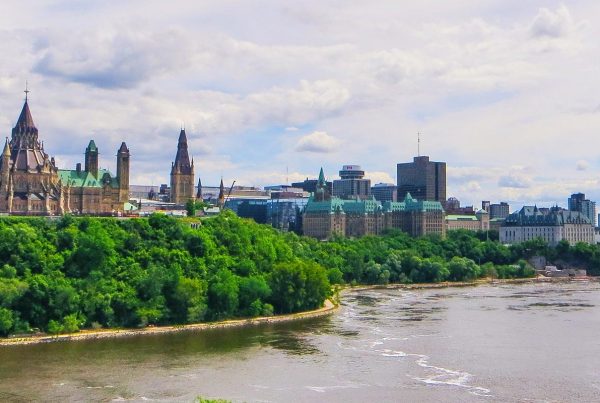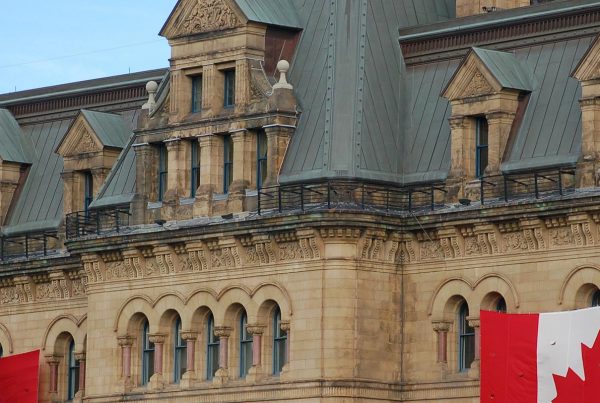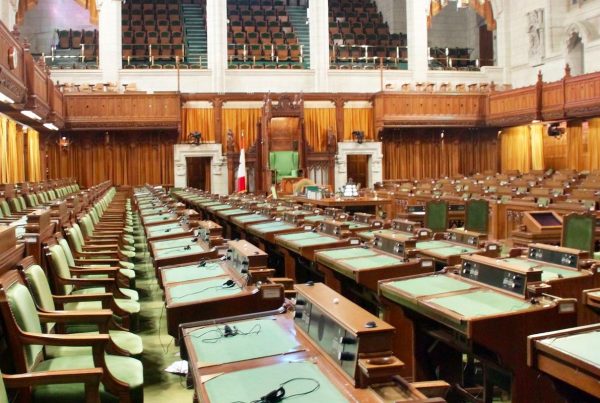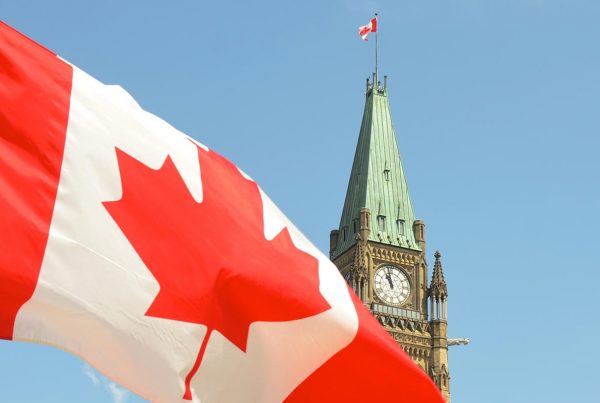The government was responding to protests that were taking place in various parts of the country, including a weeks-long occupation in downtown Ottawa. The situation in Ottawa was complicated, difficult and painful. Careful and swift action was required to open streets and support residents, in particular those in racialized and other marginalized communities who had reported intimidation, harassment and assault.
While action in Ottawa was necessary, the federal government’s national invocation of the Emergencies Act was not. Emergency powers are, by definition, extraordinary. Resort to emergency statutes should not be normalized. In this instance, the use of the Emergencies Act to limit freedom of peaceful assembly and privacy across the country was unnecessary, unjustifiable and unconstitutional.
Using this legislative authority, the government passed two emergency orders that had sweeping consequences for the rights and freedoms of individuals across the country.







